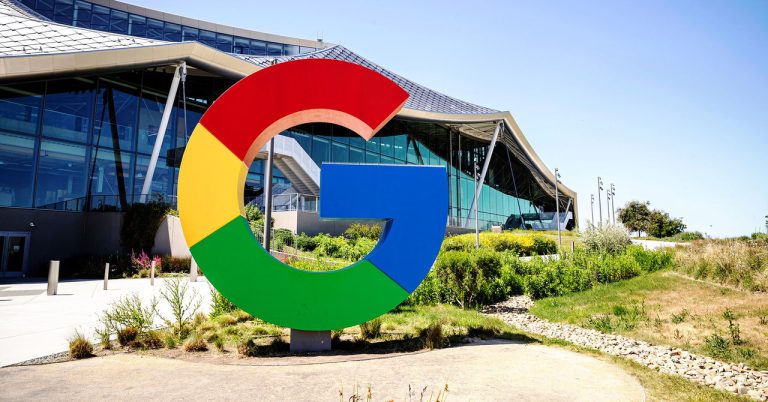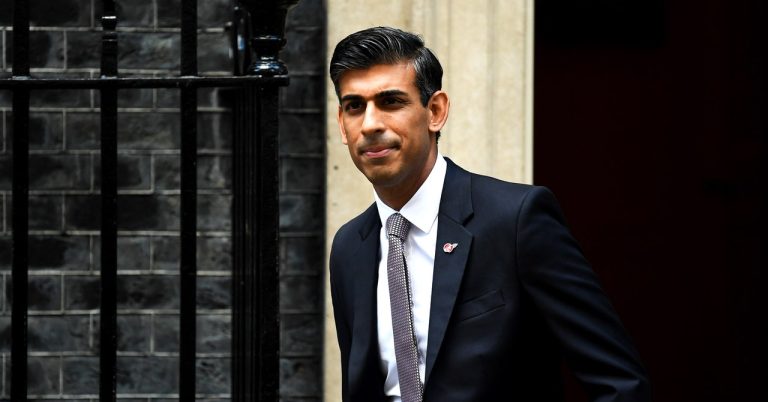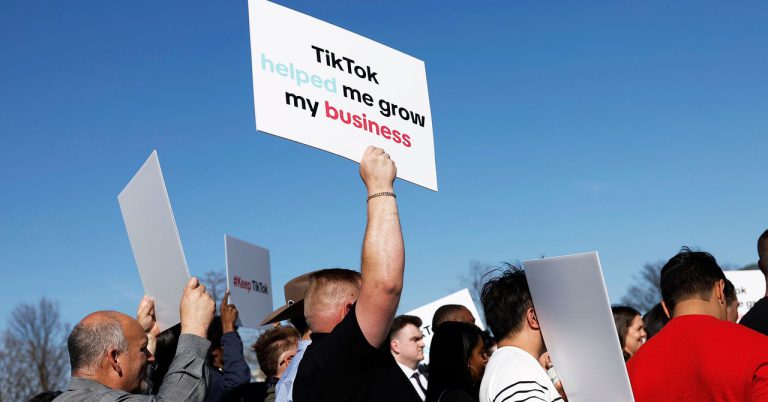Kara Swisher Is Sick of Tech People, So She Wrote a Book About Them
In her new memoir, Burn Book, Kara Swisher cites a 2014 profile that dubbed her “Silicon Valley’s Most Feared and Well-Liked Journalist.” She might prefer to downplay the first and emphasize the second. Some people would switch that around. But there is no dispute about Swisher’s impact: When it comes to tech punditry, she’s at the top of the heap.
No tech journalist has built a bigger brand for herself. Her three-decade career is a study in hard work and uncommon confidence. She rose from being a reporter at The Washington Post to The Wall Street Journal’s internet reporter and then, in her biggest leap, the cofounder of the All Things D Conference and website with her revered mentor, tech reviewer Walt Mossberg. In one of their most famous interviews, she and Mossberg moderated a blissfully convivial joint session with lifetime rivals Bill Gates and Steve Jobs in 2007 that brought many in the audience to tears. Swisher and Mossberg left the Journal in 2013 and started the successful Code conference, with Swisher heading a news site. Her interviews can be tough, the most famous being with Mark Zuckerberg in 2010, when he was so rattled by the way Swisher and Mossberg pressed him on privacy that he literally sweated through his hoodie. In addition to interviewing the entire tech CEO pantheon, Swisher has tossed questions at figures in politics and culture—Hillary Clinton, Kim Kardashian, Maria Ressa, and so on. All the while Swisher has broken plenty of news, fueled by her deep sources. In the past few years, she has mastered the podcast medium with two hits—On With Kara Swisher, an interview show, and Pivot, with business professor Scott Galloway—as well as a coveted stint hosting HBO’s Succession podcast. Swisher also had a short, high-profile run as a New York Times op-ed columnist. She’s played herself on Silicon Valley and The Simpsons. Her current affiliations are with Vox and New York magazine, and she is a permanent panelist on The Chris Wallace Show, a CNN Saturday morning talkfest.
Despite the title, Burn Book is less a scorched-earth exposé than a primer for Swisher newbies and those who want to know the tech world from an insider perspective. On her podcasts she loves to riff on the big trouble she’s courting by revealing the skeletons in tech’s closet, but for her regular listeners there’s little in Burn Book that they won’t have already heard. (She explains that the title is a play on her Mean Girls reputation, a reference to the book of rumors written by the movie’s high school bullies, and that the cover shot of her face with her trademark Ray-Bans, a raging inferno reflected in the lenses, is kind of a joke.) In the memoir, Swisher slashes her way through the tech world like John Wick with a word processor, vanquishing vain CEOs and clueless legacy media bosses and emerging without a scratch. Those humbled bros include Elon Musk, a former pal who’s now a nemesis. But unlike Musk, who Swisher says recently declared her an “asshole,” most of the tech world still, well, likes and fears her. Other journalists dream of interviewing the likes of OpenAI CEO Sam Altman. At one stop on Swisher’s book tour, Altman is slated to interview her.
During my afternoon with Swisher at her house in a tony neighborhood in northwest Washington, DC, she took frequent breaks for fond exchanges with three of her four children, her wife Amanda Katz (an editor for The Washington Post), and her ex-wife, Megan Smith, a former US chief technology officer, who dropped in. Our conversation, though, was feisty, as we talked about her storied career, why she abandoned the conference business and The New York Times, and how she answers to the charge that she’s mean.
Steven Levy: What prompted you to write a memoir?
Kara Swisher: I didn’t want to. Jonathan Karp, the publisher of Simon & Schuster, bugged me for years to write something. I was much more interested in the blogs or the podcasts or whatever. I never really liked writing my books. The process was so slow. And I’d had enough of these [tech] people. I don’t like most of them anymore. I didn’t want to reflect on them. I’m sick of them. They’re sick of me. And Walt Mossberg was supposed to write his memoir, right?






